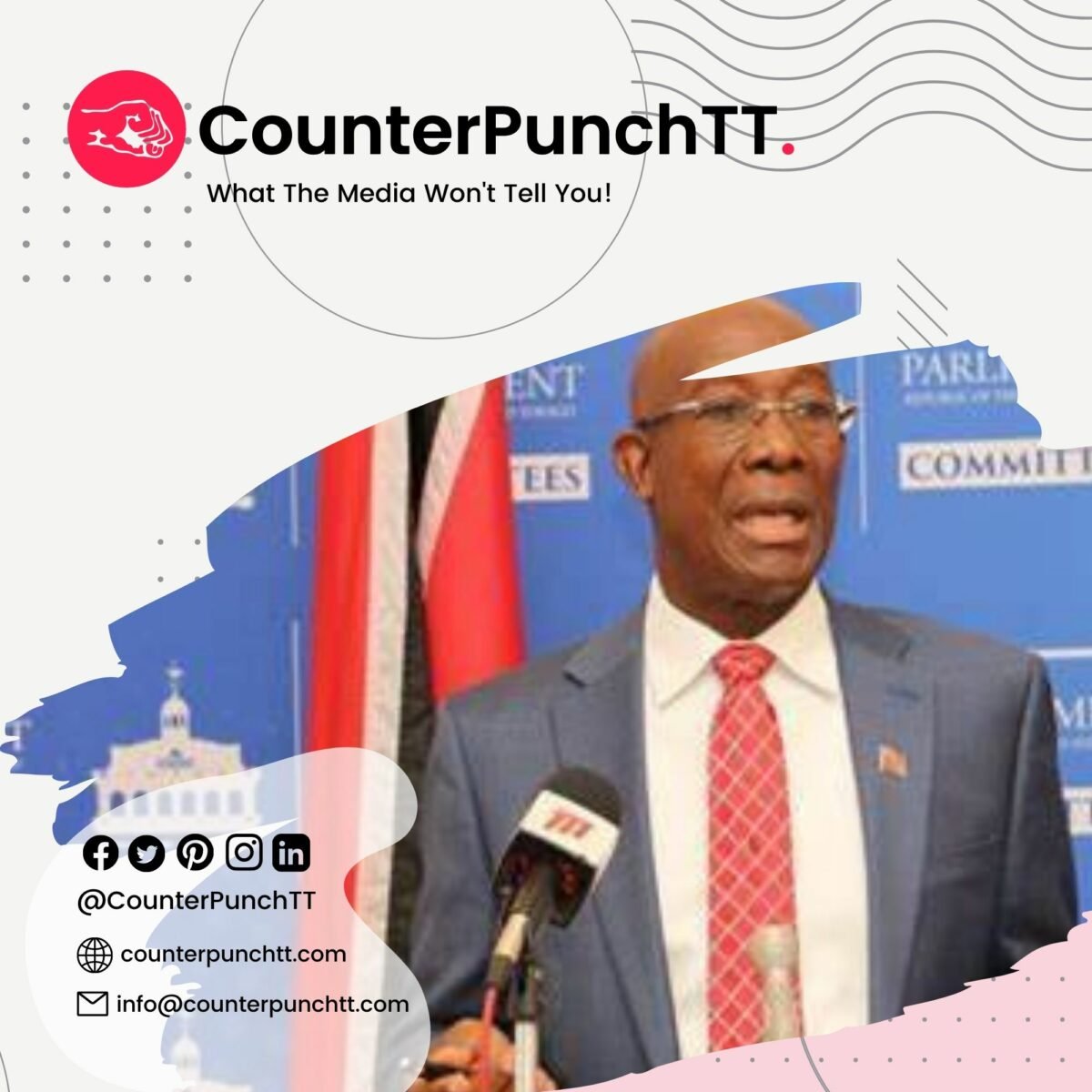TRINIDAD and Tobago exports barely over $100 million worth of goods to Saudi Arabia each year, a little more than one per cent of its annual international sales.
Organic chemicals are the main exports, and there are also sales of plastics, machinery, and various industrial material.
There are not much prospects for significant increases in exports, since the domestic manufacturing sector does not make unique products that are required 10,000 miles away.
T&T is also not well placed to attract direct foreign investments from Saudi Arabia and other countries, especially because of the poor ease-of-doing-business ratings.
In addition, natural gas feedstock is in short supply, causing investors to flee rather than to enter T&T.
There was a net outflow of investors last year.
So, what, really, would Prime Minister Dr. Keith Rowley and his high-powered team achieve during the much-touted Saudi Arabia-Caricom Summit?
The “achievement” would be more bluster and propaganda, similar to that of the recent Caricom conference in Canada, and other comparable discussions.
Rowley would return with vacuous boasts of Saudi cooperation and investments and opportunities for trade and technical support and transfer of technology.
He has perfected the art of making a non-accomplishment sound like a historic international triumph, capable of turning around T&T’s economic fortunes.
He does that even when telling of importing yams from Ghana, when that trip was really a journey to roots, at taxpayers’ expense.
These global jaunts cost the country tens of millions of dollars, at a time when many people are struggling to sustain their families.
And what is Rohan Sinanan, whose job is to build and repair roads, doing on that costly Arab economic trip?
What about Kazim Hosein, the Minister of Agriculture a sector that contributes one per cent of T&T’s gross domestic product?
Are Sinanan and Hosein mere showpieces whose collective presence is to show the Saudi leaders that Rowley runs a diverse land?
There is equal intrigue about the reason for the Saudi Crown Prince sitting around the table with leaders of tiny Caribbean countries who have little to sell and cannot afford to buy much.
The Caricom team is led by Roosevelt Skerrit, whose Dominica has 73,000 residents and is dependent on sun-sea-and-sand visitors.
Saudi Arabia is an energy-rich country of 36 million people and a global power.
The Arab nation is a major operative in the Organisation of Oil Exporting Countries (OPEC) and other powerful bodies.
The world pays attention when its leaders speak and act.
In fact, the country’s increasing international presence could be the reason why the Saudis beckoned Caricom to the conference in Riyadh.
Saudi Arabia is rebuilding relations with the United States, and would appreciate backing at the United Nations and other global forums from western countries.
The Arabs are also bolstering ties with other countries, and recently agreed to provide “substantial” financial support for Nigeria’s foreign exchange reform process.
In other words, Saudi Arabia is winning friends and influencing people, which is not difficult to do when you run a trillion-dollar economy, one of the world’s largest.
In a global community of ever-shifting sands, the Saudis are following the US, China, Russia and India is chumming up to Caricom.
The public relations benefit of the Riyadh conference would far outweigh whatever handouts provided to these vulnerable Caribbean countries.
So, the Saudi Arabia conference would be another costly taxpayer-funded joyride for the Prime Minister and his travelling troops.
Don’t expect much benefits, in spite of Rowley’s grandiose sales pitch.




